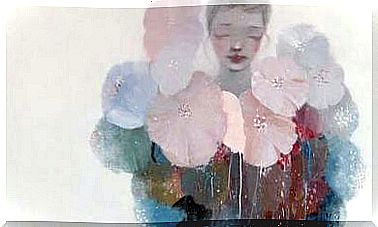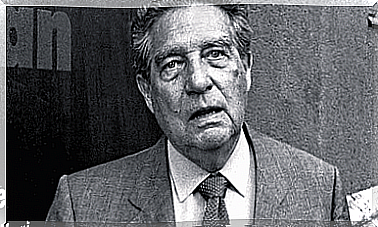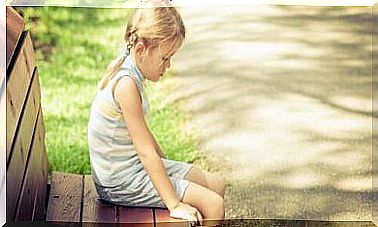The Law Of The Mirror: Use Others To Solve Your Problems
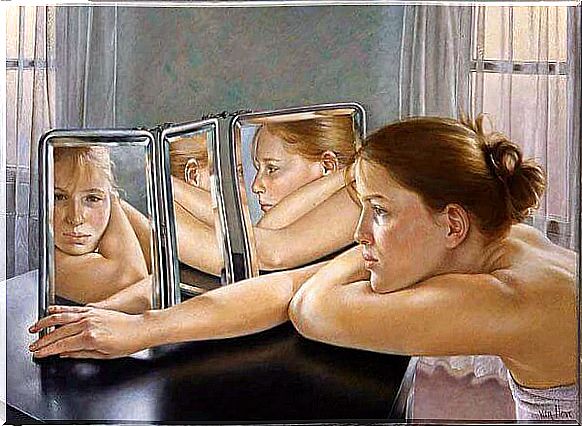
The law of the mirror suggests that the source of our negative feelings about one person lies in our heart, not the other person. That is, this law teaches us that feelings originate in ourselves. It would therefore be our responsibility to deal with our beliefs, beliefs, and bad thoughts about others.
In this article we are concerned with the law of the mirror.
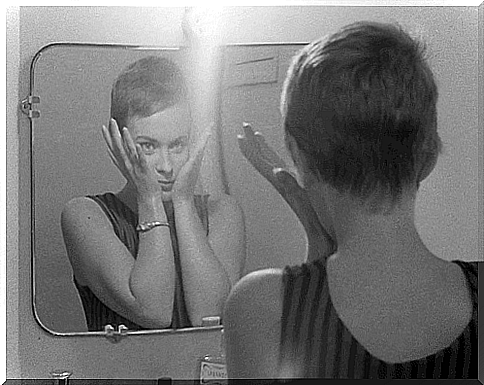
Anger is usually directed against yourself and not another person. It is therefore as if the reality we perceive is a mirror that simply reflects back the image we create.
Yoshinori Noguchi writes about this law in his book The Mirror Rule (German for The Law of the mirror , not in German available). Here he tells a wonderful story that moves to tears. A story that invites us to accept the law mentioned and to integrate it into our everyday life.
The author places us in front of a mirror so that we can deal with our inner world. This world is certainly the one that determines everything that happens in our lives. Or as Carl Gustav Jung would say:
“What you deny submits you, and what you accept transforms you.”
What bothers us in others, we deny in ourselves
We should take a look at what bothers us about others. Why are we so annoyed by our brother’s comments over family dinner? Think about it: why are we unable to speak sensibly when we are with our sister-in-law? Why can’t we deal with the fact that others don’t support us – especially when we hope so much?
It’s helpful to make a list of all the things that get us upset about the people around us. We’ll probably find that there are values that we knowingly underestimate. We will likely find that there are things we do just as badly or wrongly as these people we criticize.
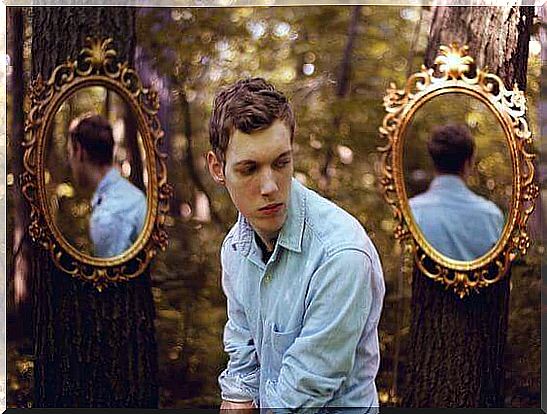
The next step would be to make a list of the things for which you should be grateful to the people who always make you feel uncomfortable. It is very likely that at some point they did something for you or another person that you value.
There is no time limit for this endeavor. That means we have to take the time we need for the investigation. When we are finished with both lists, we can make another list on the subjects we would like to ask forgiveness for.
That could be difficult for us. However, once we have done this job, we may notice that we have made a list of small and unimportant details on orders from outside. However, this elaborate work will make us realize that our gaze has sometimes not been a friendlier one. In those situations where we used a rough tone towards them or criticized them for something behind their backs, we should have acted differently.
The common goal of all these lists is that we become aware of what is in us and what is only projected by us onto the other person. Eventually, when we don’t mind the one thing that made us feel so uncomfortably touched at the beginning, we know we are released from it. And that the experience that created pain in us will no longer repeat itself.
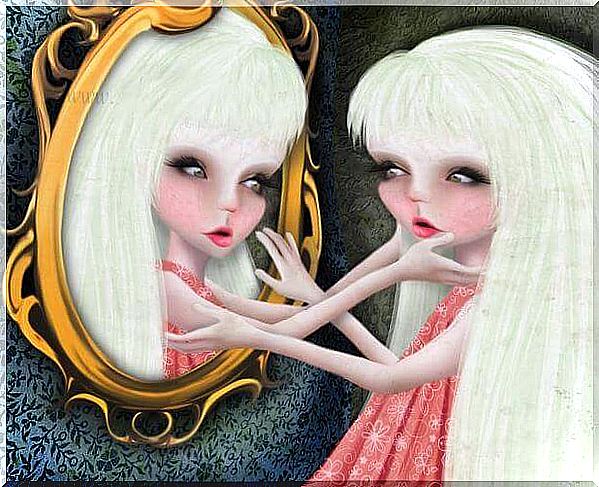
The final, and most courageous, step is to get in touch with the other person, be it through a phone call, letter, or face-to-face meeting. We should express our gratitude to this person for their motives, which we wrote down in the second list. Then we move on to asking her forgiveness for the things we put on the third list.
It is such a difficult step that we probably find it impracticable. But we should ask ourselves whether we want to banish this pain from our lives. And whether it is worth this pain to hold on to our pride – because this is our way of living our lives.
If direct contact is still not an option for you, the less radical route would be to write a letter that you don’t send. This allows you to get rid of the stress that you previously carried around in your emotional backpack.
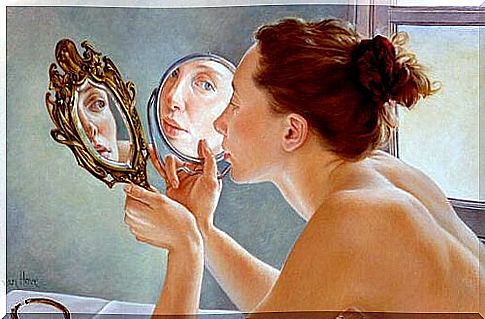
Knowing the law of the mirror helps us be more careful. It prevents us from continuing to cultivate our wickedness and bad feelings. We should not forget that we are projecting outward what we carry within. Hence, everything we see in others will say something about ourselves. Maybe more than it says about the others.
